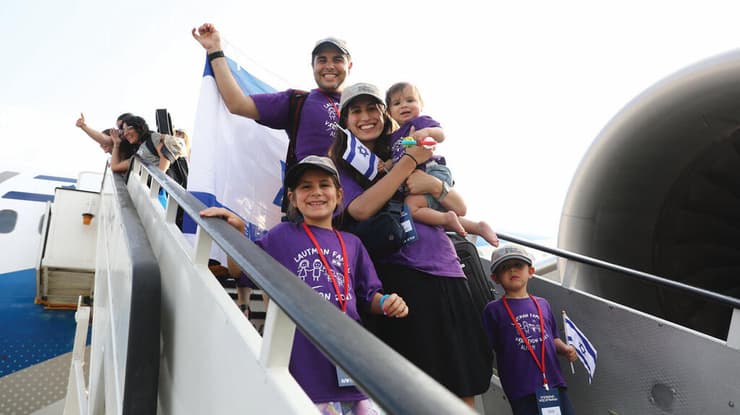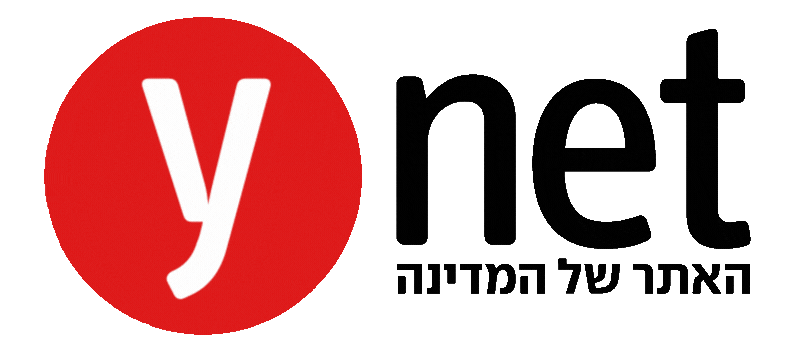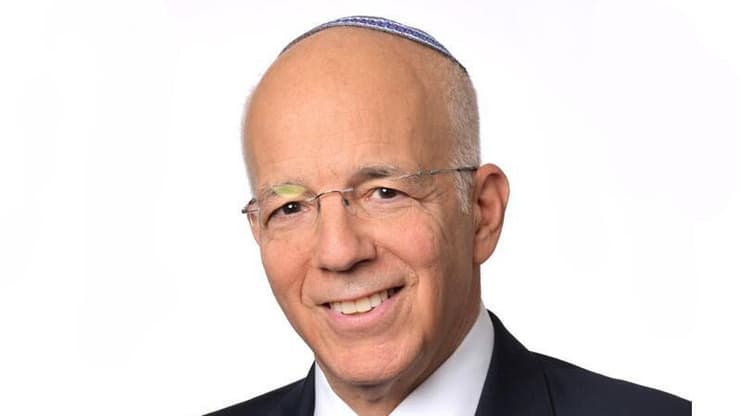Over the past year, one might assume that the rate of Aliyah has slowed down. With the country turning into a war zone from north to south, facing external threats from Iran and Lebanon, and grappling with an ongoing conflict, these are hardly circumstances that encourage people to leave a more peaceful life elsewhere and arrive with suitcases in a field of fire.
However, Tony Gelbart, Co-Founder and Chairman of Nefesh B’Nefesh– an organization dedicated to helping North American Jews make Aliyah to Israel–shared some surprising news. “The number of new Olim hasn’t changed dramatically, neither downward nor upward,” he revealed. “On October 7th, many expected the number of Olim to decrease, but it didn’t.
2 צפייה בגלריה


An immigrant family that immigrated to Israel on the "Nefesh B’Nefesh" charter flight
(צילום: Yonit Shiler)
In fact, some decided that this was precisely the time to act–when the Jewish people and our homeland need them the most. We don’t need to convince, pressure or beg people to move to Israel, they are not running from something, they are running to something. Our marketing strategy remains the same, with perhaps a tweak to an ad here or there. We continue with the same message: Are you a Jew who wants to make Aliyah? Welcome. People supported Israel before October 7th, and they are supporting it even more so after October 7th. Jews still want to make Aliyah, and Nefesh B’Nefesh is here to help make it happen".
What has changed?
“We don’t operate based on crises. We’ve always run the organization like a business–but a business with a heart. As a donation-based organization, fiscal responsibility is crucial, so we have a corporate-like structure with a CEO, VP of Operations, VP of Finance, and more. With this approach, we’ve always prepared a five-year plan that anticipates dramatic changes. When something unexpected and challenging occurs, our teams examine the evolving situation and decide the best path forward".
How did you respond to October 7th?
“We launched a series of new initiatives. Israel faces a significant shortage of doctors, so we’re working with the Ministry of Health and the Ministry of Aliyah and Integration to bring Jewish physicians from all over the world to Israel. We’ve also intensified our support for Lone Soldier Olim, originating from over 70 countries worldwide. Through one of our new projects, ‘Operation Hug,’ in collaboration with the Friends of the IDF and JNF-USA, we are flying parents of Lone Soldiers to visit their children in Israel. In addition to these efforts, we are providing financial aid to Olim whose businesses have been affected in the North and South, as well as providing mental health services and support to those in need".
What challenges did you face?
“It’s hardest to help others when you yourself need help. Putting your own needs aside to assist someone else requires a special kind of strength. You might be at home with three children, worrying about loved ones serving in the reserves, and not knowing what will happen to them. Yet, you still find the strength to say, ‘I will do everything for my family, but there are others who need help, and I will help them'.
Like the rest of Israel, our team members were directly affected, from being called up to reserve duty to having loved ones injured in battle. One of our team members for example, while visiting her own son who was injured in the war, stopped in to check on a Lone Soldier Oleh who was hospitalized in the same place. Our team members supported each other through these challenges. We have a unique group of people who are not just colleagues but friends, and they rely on each other for support. We didn’t need to do or say anything ‘motivational’-- this is simply our way of life, cultivated over 20 years of working together. The team knows how to adapt to unusual situations, be ready for unexpected challenges, and handle new realities. At the beginning of the war, we positioned ourselves to work at home, leveraging technology and our skills in different ways. As time passed, we returned to the office".
It is always possible to dream and plan according to your vision
Nefesh B’Nefesh was founded by Tony Gelbart and Rabbi Yehoshua Fass in 2002, with a core mission to promote Aliyah from North America, in cooperation with the Ministry of Aliyah and Integration, the Jewish Agency for Israel, Keren Kayemeth LeIsrael, and JNF-USA. Since its inception, Nefesh B’Nefesh has assisted in bringing more than 80,000 new Olim to Israel, who contribute to the country’s economic, cultural, and demographic wellbeing. The organization works to remove professional, logistical, and economic obstacles during the Aliyah process and throughout the integration into Israeli society. Additionally, it represents the interests of the Olim community within various governmental authorities to eliminate bureaucratic barriers.
Looking ahead, Gelbart believes that the work will be adapted to the new situation. “While it’s impossible to predict how things will unfold, you can always dream and plan according to your vision. We will emphasize certain topics, projects, and additional services. We will aim for growth–that is, for more Olim and new elements within the organization. We will continue to improve in what we do. Our mantra, the basis of our existence, is to help the Jewish people. It’s our main mission, and we will never abandon that".
Are there people you look up to in times of crisis?
“I was very lucky because I became a business owner at a young age, which allowed me to meet many amazing business and community leaders. There are many people I admire, and I hope I was wise enough to observe and learn from them, absorbing valuable lessons like a sponge. One of these lessons was learning to appreciate how important it is to get to know the people you work with, and not just the work that they do. We value not only professional skills but also interpersonal skills, because, after all, we are an organization that deals with people".
An optimistic word to end?
“I’ve been deeply encouraged by the unity that has emerged in our nation following such a disaster. This is one of the greatest tragedies in Jewish history, but it has undoubtedly brought the Jewish people together. Olim feel this too. They receive a sense of solidarity from the Israeli public: ‘You are here, you are Israeli, you are one of us, and together we will get through it.’ I am optimistic that this strength and unity will last forever".







